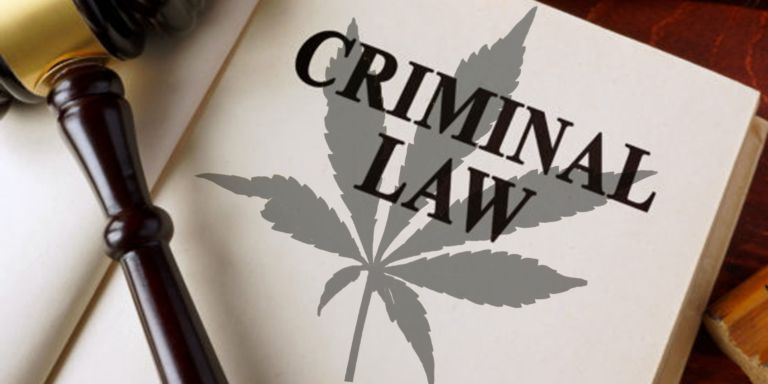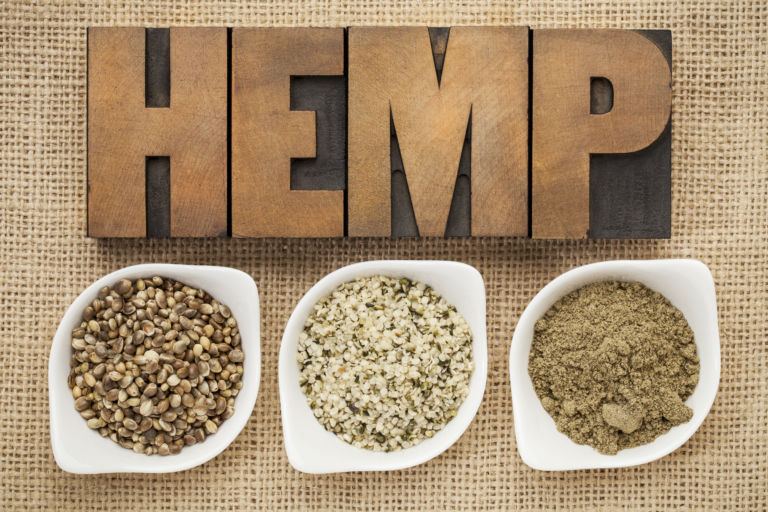A major feature of Senate Bill 315, the North Carolina Farm Bill of 2019, would establish a state plan for the regulation, cultivation, and handling of hemp products. This has been made possible by the federal Farm Bill of 2018, which removed hemp (federally defined as containing no more than a 0.3 percent concentration level of THC) from the Controlled Substances Act.
Already the state has seen an influx of hemp products promising health benefits — from CBD oils to CBD-infused lotions and even foods containing CBD — but they are of questionable legality. There are plenty of other hemp products that we could see in North Carolina under given a more certain legal environment: clothing, fabric, rope, fuel, paint, paper, particleboard, plastics, and many other things.
Taking action now to regulate hemp would boost North Carolina agriculture. But one of the steps necessary to do it requires exempting people in lawful possession of hemp products from having to pay the Unauthorized Substances Tax (see Section 3 of the bill).
 Wait. The what tax?
Wait. The what tax?
The Unauthorized Substances Tax. Let’s put it this way. You know it’s against the law in North Carolina to possess marijuana. The unauthorized substances tax makes it doubly against the law in North Carolina to possess an illegal substance such as marijuana without paying the excise tax on it.
For marijuana stems and stalks, the rate is 40 cents per gram (compared with $3.50/gram for marijuana).
Of course, it’s still illegal to possess an unauthorized substance even after paying the tax. The N.C. Department of Revenue promises not to rat you out:
Will the Department of Revenue notify law enforcement if I purchase stamps to affix to my unauthorized substances?
No. Not withstanding any other provision of law, information obtained pursuant to the unauthorized substances tax law is confidential and may not be disclosed or, unless independently obtained, used in a criminal prosecution other than a prosecution for a violation of the unauthorized substances tax law. Revenue employees who divulge information regarding stamp purchasers to law enforcement shall be guilty of a Class 1 misdemeanor.
I know; it all sounds nuts. But the tax raised $8.7 million for the state last year.

